Construction Process
When construction begins, the build phase utilizes your selections and designs within the contract documents and specifications. During this phase, Builders focuses on providing expert oversight to achieve the desired end result — your high quality dream home on budget and schedule. With our established industry relationships, we ensure the homeowner is receiving the best materials and workmanship.
A Step-by-Step Guide to the Home Building Process
Here’s what to expect during the major phases of construction. Building your new home is exciting, especially when you understand how the process works. The following overview outlines the typical steps your builder will take in the construction of a home and will help keep you abreast of what happens at key stages.
Keep in mind that the homebuilding process may vary from region to region and builder to builder, especially if you’re building an elaborate custom home. Be sure to ask your builder about his or her specific policies and procedures.
Prepare site and pour foundation: Often, site preparation and foundation work are performed by the same crew, but this may not be the case with a wooded lot. Using a backhoe and a bulldozer, the crew clears the site of rocks, debris and trees for the house and, if applicable, the septic system. The crew levels the site, puts up wooden forms to serve as a template for the foundation, and digs the holes and trenches. Footings (structures where the house interfaces with the earth that supports it) are installed. If your home is going to have a well, it will be dug at this point.
If the home has a full basement, the hole is dug, the footings are formed and poured, and the foundation walls are formed and poured. If it’s slab-on-grade, the footings are dug, formed and poured; the area between them is leveled and fitted with utility runs (e.g. plumbing drains and electrical chases); and the slab is poured.
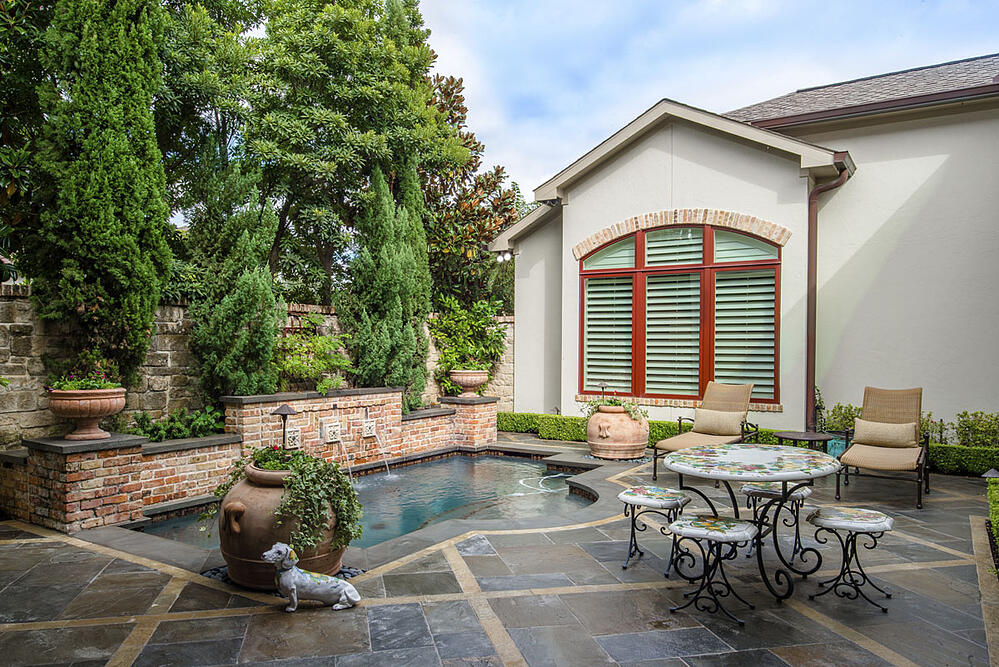
Steps for Custom Home Construction
There are tons of decisions to make, from the architectural style you want for your home to the smallest details like ideal locations for electrical outlets. To get through it, keep reminding yourself of the reason you are doing this and how well the end-result will fit your needs.
Also, if you play your cards right upfront, you will have a solid team supporting you throughout the entire process. You don’t have to go through it alone or feel that you must be an expert in every phase of home design and building.
A Brief Overview of Custom Construction
Custom construction is performed in phases, with aspects of each phase directly dependent upon the successful completion of previous steps.
Architectural Design Phase – this is where you and your team develop your preliminary home design and estimate, final plans, specifications, and engineering, as well as a detailed budget and schedule.
Pre-Construction Phase – in this phase, you get all your approvals for financing, from the homeowners association, and permits. Also, this is the time we sign on key subcontractors for the major systems in your new home.
Construction Phase – here is where the dirt starts to fly. The site work, foundation, and shell begin to go up, then everything else is built into place from the insulation to the flooring.
Final Inspection Phase – you get to walk through your brand-new home for a last look before moving in.
Warranty Phase – we do our best to ensure your home is perfect when you move in, but our work doesn’t stop until everything is completed to your satisfaction.
Custom Homes vs. Semi-Custom Homes vs. Production or Tract Homes
A custom home is quite different from what’s known as a production home or a tract home. A production home is constructed by a company that offers its customers a selection of floor plans, exteriors, layouts, and interior design elements. The customer selects one of the designs to go on a lot, often in a “master-planned community” filled with other homes using that slate of designs.
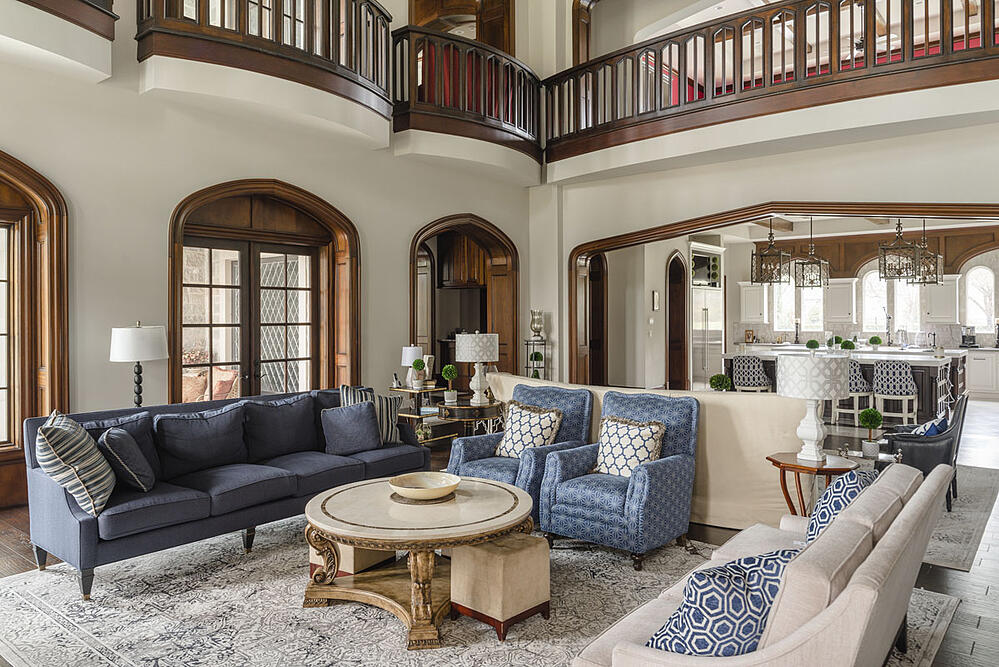
BUILDING VS BUYING
Old houses have their charms. But if you want a spacious house with an open floor plan, state-of-the-art technologies and low-maintenance comfort, put new construction on your shopping list for these reasons:
ENERGY EFFICIENCY: Older homes are seldom as energy efficient as new homes. Homes built only 10 years ago may use twice the energy of today’s homes. Your new home will have improved heating and cooling systems, energy-saving windows and super insulation. Also, many mortgage companies nationwide take energy use into account when qualifying buyers and will make a large loan on an energy-efficient home because average monthly utility bills will be lower, which frees up more of the budget for mortgage payments.
UPDATED APPLIANCES: Appliances are new, energy-efficient and easy to use. New dishwashers are quieter and use less water, ranges are easy to clean, and refrigerators are larger and come with more convenient options. Even a home inspection is no guarantee that older home appliances will last long after closing. Especially for cash-strapped first-time buyers, the sudden need for a new furnace or dishwasher can lead to other expensive repairs, such as replacement of wiring or plumbing.
SAFETY CODES: New homes are safer and less expensive to operate and maintain. They stand the latest fire, health and safety codes. These codes need life saving detectors to signal smoke presence or carbon monoxide. Newer homes are free of lead paint and asbestos filled pipes.
BUILDING TECHNIQUES: Builders today benefit from advances in building techniques. This means dry basements, expansive rooms and a quieter, more comfortable atmosphere.
UPDATED WIRING: Often, new homes of all price ranges include whole-house wiring for cable, telephone and music systems. Home offices and home theaters are becoming a part of standard packages. When it comes to wiring and electricity, more is better. New homes have 200-amp electrical service; some older homes have inadequate 60-amp services.
A ROOM WITH A VIEW: New homes are light and bright. Not only do they have more energy efficient windows, but they also have more of them. New homes are often “see-through” homes. From the front door, the viewer looks through the home to a panorama of windows that frame views of the back garden.
A HOUSE FOR TODAY: New homes mirror today’s lifestyles. Families live differently than they did 10 to 15 years ago. Cooking is a group experience, and no one wants to be too far from the television. New homes blend the kitchen, eating area and family room into one informal space. New homes also have more and larger bathrooms and closets
Choosing the right builder is as important as choosing the right style of home or neighborhood. All these decisions affect you—positively or negatively—long after the builder finishes your home. How do you know what builder is right for you? There is no single answer to this question, unfortunately. You have to rely on your own instincts to make the right decision.
The first question you need to answer is what kind of builder you want: Custom or production?
Custom builders may cost you more, but the houses can match the customer’s needs and wants. If you want extra square footage in the living room or kitchen, you are able to add on. A custom homebuilder will also take the time to make sure all your finishing’s, cabinets, countertops, faucets, lighting, appliances, doors, etc., match your personality.
Here are some other guidelines that will help you choose the right builder:
The builder’s reputation is generally an excellent guide. That goes for most any kind of purchases you make. If the company’s reputation is poor, you’re not going to want to buy from them. Homeowners in the area are a good resource when finding information about different builders. The Better Business Bureau is also a good place to check. You can find out if there have been any major complaints about the builders you’re considering. Very good and very bad builder reputations usually surface quickly. The builders who are in the middle of very good and very bad are usually harder to investigate.
Check to see how long the builder’s have been in business. There’s nothing wrong with “new” builders, but nothing beats quality sustained through many years of service. You can’t fool the consumer for long, and builders who provide poor quality, do not survive over time.
Look at the overall service records of the builder’s you’re considering. Ask for names of previous customers. Find out how responsive your builder has been. Has the builder responded quickly to complaints? Has the builder provided help to the customer with securing manufacturer warranty claims?
Check the builder’s affiliations with professional organizations. These organizations are a good source of up-to-date information for the builder. The National Association of Home Builders provides a continuous flow of information. The highest quality builders have personnel who work with the NAHB technical departments to keep abreast of innovations in design and energy conservation.
Ask the builders what kind of materials they use. Find out which brand names are used in the appliances and in the materials, such as windows and insulation. A quality builder uses quality brand name products whenever possible.
Check to see how accommodating the builders are. Will they accept variations to standard plans? Will they do it willingly and at a reasonable cost?
Financial stability of the builder is also an important thing to check. Don’t be afraid to ask for bank references. Good builders will supply them.
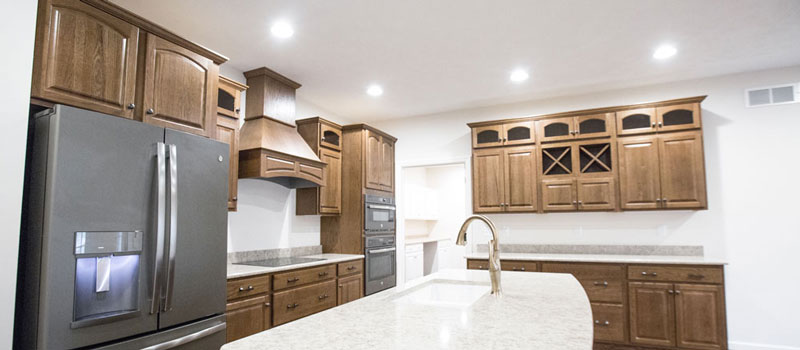
The Definitive Guide to Branding for Home Builders
Branding for home builders is EVERYTHING. Your business sinks or floats on the perception of your ideal buyers. Without a proper brand strategy in place, you can expect decreased consumer awareness, fewer referrals, and a smaller slice of market share.
Every home builder wants a powerful brand, but few have mastered the art of carving out a strong identity in an overcrowded market. Your main business goal is to out-build and out-market your local competitors: you don’t want to become the “Apple” of your industry, but rather the apple of your prospects’ eyes. Creating a powerful brand isn’t black-and-white, so it’s important you focus on tactics and strategies tailored for home builders.
This definitive guide to branding for home builders was designed with your company in mind, because we understand the journey today’s modern home buyers take and the decisions they make along the way.
“Brands live in people’s heads. They are the sum total of perceptions about them.” By this definition, your brand isn’t something you control; however, you can certainly influence it. This is made possible by having a clear understanding of your company’s purpose, mastering the delicate art of persuasion, and making the whole process as systematic as possible.
What is your brand saying when you’re not around?
A powerful brand transcends words and moves peoples’ emotions – touching their hearts through visuals, storytelling, and shared experiences. Remember, every single touchpoint a prospect has with you is an opportunity for your brand to shine.
FIRST TIME HOME BUILDERS
Thinking of building because you have out grown your current home, looking to upgrade to your dream home or are you looking to enter into home ownership? Homes know that building a new home is exciting, we also know that there is a lot to take in if you haven’t built before
DESIGN
Selecting your new home design allows you to get exactly what you are dreaming of. You get a layout that suits your lifestyle, with matching interior finishes and fixtures. By building you can avoid the potential issues that can arise with renovating an established property due to hidden factors and unexpected issues.
LOCATION
Selecting the right location for your dream home is one of the biggest decisions. Homes offer free site inspections, this allows the team to advise you on suitable blocks for your project. Once you have selected a block, our Sales Team can complete a siting of your proposed home on the block so that you can visualise your final design, along with recommendations on orientation and positioning to maximise best energy efficiency.
SELECTIONS
You can view display homes so you understand the quality what will go into building your new home. Homes has a large Selection Centre, the MyChoice Design Studio, where you will find many products and ideas on display to assist you with your selections and the customisation of your home to meet your needs.
CONSTRUCTION
Once all Council requirements are met, you will be able to watch as your new home becomes a reality. Your Site Supervisor will make sure that your home is built with the utmost of care and complies with our quality assurance guidelines.



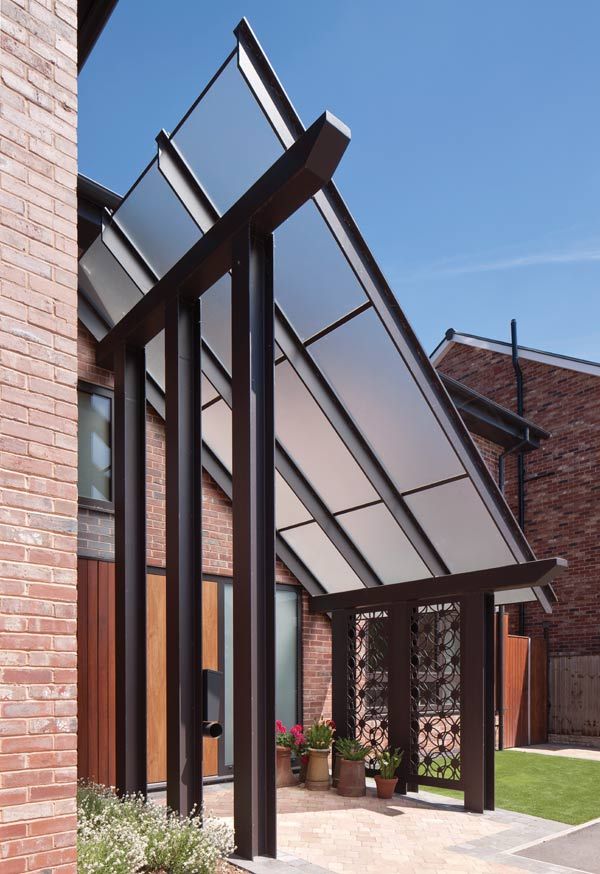
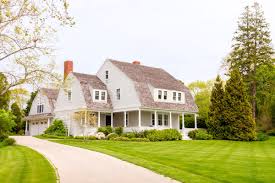
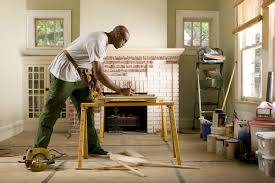
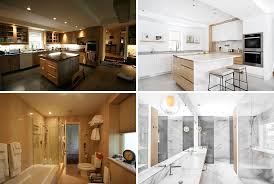
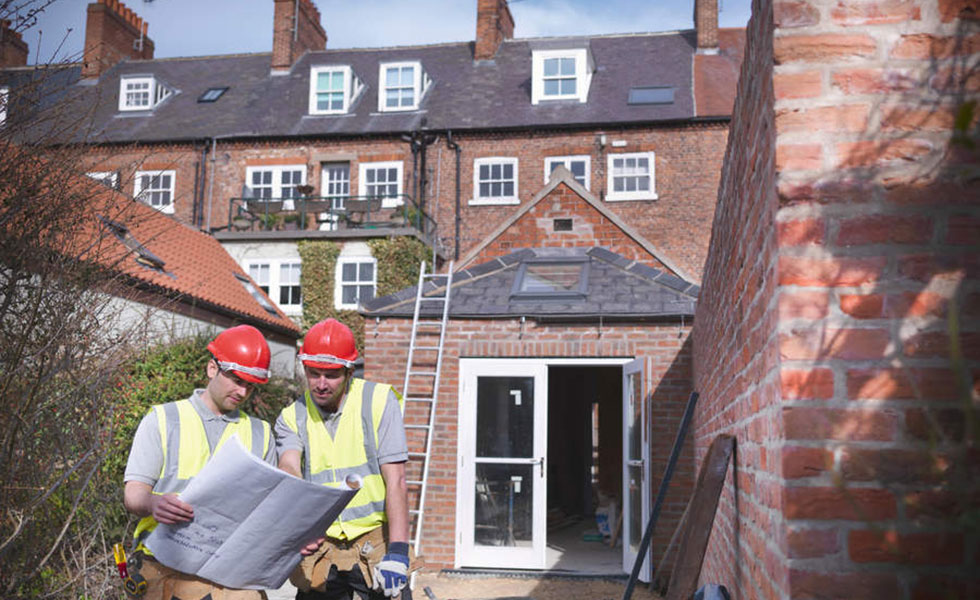
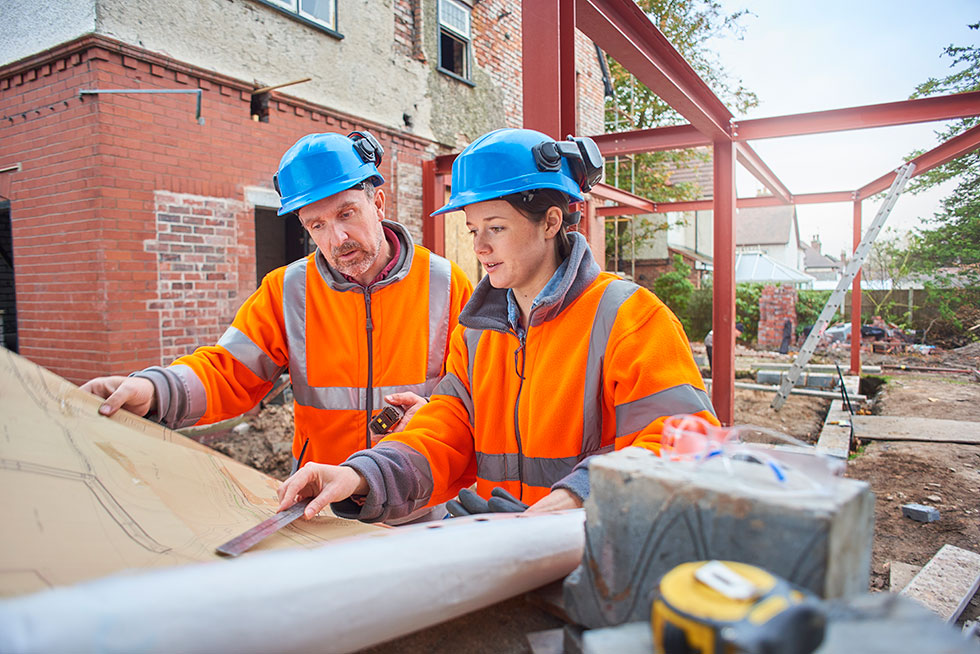

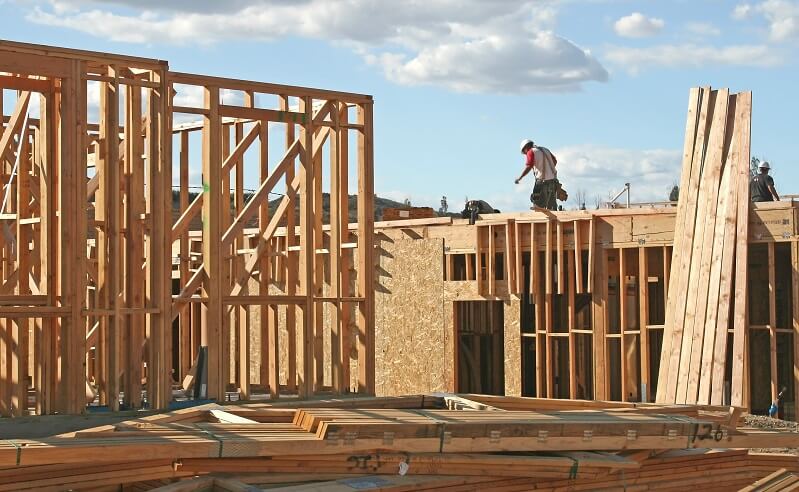


Recent Comments